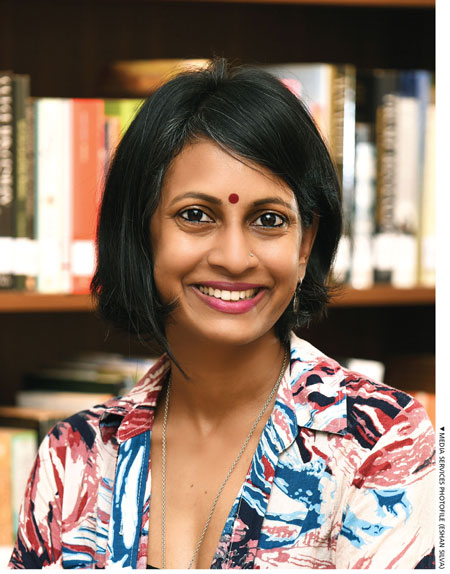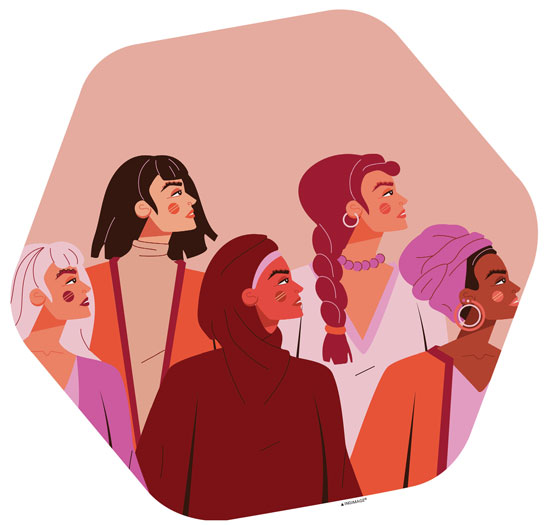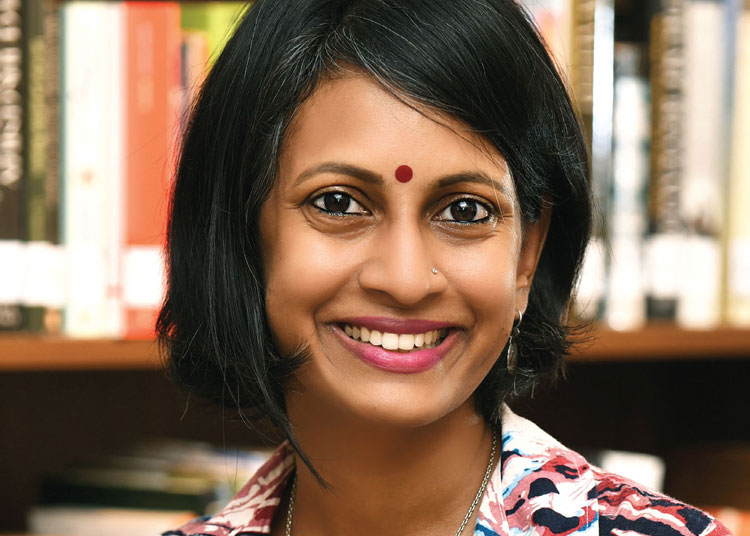
Kanya D’Almeida
The hunt for clarity
Q: When did you first realise that you wanted to write for a living?
A: In my opinion, all writers ‘write for a living’ – in the sense that it’s a way of interpreting life, understanding the living or imagining other ways to live. I never set out to write thinking it would pay the bills – it doesn’t!
Even as a full-time journalist, I struggled; I freelanced and was always on the hunt for other work.
I have realised that if I wanted fiction writing to be anything other than a hobby in my life, I’d need to approach it as though it was my living – even though there was no money in it!
Today, the world is set up in such a way that economic activity dominates all of life – we’re not allowed to take anything as seriously as a job. So writing for a living is quite a subversive act because it means defying the mandate that only waged or paid work is worthwhile.
It means taking responsibility for something other than our income and being accountable to someone other than an employer.
Q: Did success change your life in unexpected ways?
A: The notion of success for a writer – or any artiste for that matter – is a strange one, isn’t it? Does it mean recognition by a wider audience? If so, it’s been wonderful to have my work read by people all over the world.
In other ways, it has completely derailed my writing! I believe it’s because writing – for me, at least – is a kind of searching; a hunt for clarity. This is true whether I’m writing about a grieving mother, a happy marriage or war.

Success implies you’ve reached some kind of goal – a resting place or perch from which to look down on your life. In that sense, this is a somewhat dangerous idea because it can trick you into thinking the search is over.
You can lose a little of that curiosity and restlessness that compels you to write in the first place. As such, I think spending less time on concepts like ‘success’ and ‘failure’ frees us up more to actually write.
Q: How would you describe your connection with Sri Lanka?
A: I was born and raised in Sri Lanka, but have seen and experienced very little of the country and its people.
Eighty-one percent of Sri Lanka’s population is rural, and it wasn’t until two years ago that I moved to a rural area and began to see with my own eyes what life is like for the majority of the people here.
Q: And could you shed light on what inspires you?
A: I recently read Caliban and the Witch, an account of the witch-hunts in medieval Europe during which hundreds of thousands if not millions of women and peasants were slaughtered, to make way for the rise of our modern, mercantile and industrial economy.
Many were midwives: women who had knowledge of traditional medicine, childbirth and the natural world.
It was on the graves of these women that the Age of Enlightenment, scientific reason, colonialism and capitalism were constructed. Being a mother in the 21st century is to live in the shadow of this history.
Much of what I do – my writing about women and madness, and my podcast about birth and motherhood – is an attempt to unravel and share the roots of our present condition, and imagine a radically different future.
Q: What comes first for you — the plot or the characters? And what is the development process for whichever comes first?
A: I suppose it always begins with a person. It might be that I see someone in passing and his or her face gets lodged somewhere in my brain; and I won’t be able to stop thinking about this person until I’ve constructed a whole scenario about his or her life – ideally with an unconventional or unforeseen ending.
It’s almost always women who attract my attention because I feel their lives have seldom been celebrated in the immense, expansive and incredible ways that they deserve.
FACT FILE
FAMILY
Father – Peter
Mother – Maria
Sister – Freya
Husband
Son
SCHOOLING
Bishop’s College
Asian International School (AIS)
HIGHER EDUCATION
Hampshire College
Columbia University School of the Arts
PRESENT OCCUPATION
Mother
COUNTRIES OF RESIDENCE
USA and Sri Lanka
CITIES OF RESIDENCE
North Pomfret (Vermont)
Colombo
Beragala
Q: In your opinion, what are the most important elements of good writing?
A: Hard work – I edit myself ruthlessly. Let’s say I write a story that is five to seven pages in length. At the end, there will be 25-30 pages of notes, deleted scenes, failed attempts and abandoned characters lying in a graveyard or notebook, or on my computer.
That graveyard is a greater tribute to my work than the finished piece because it reminds me that writing – especially fiction writing – is like climbing into a black hole and then finding your way out again.
Q: What has been your biggest challenge as a writer? And how did you overcome it?
A: I haven’t overcome it. The biggest challenge is to write every day.
I’d say I have been writing as a disciplined activity for close to 20 years – through four years of a creative writing degree, various jobs in journalism, two years in an MFA programme and nearly four years of motherhood.
But I cannot say that I’ve ever really acquired the habit of writing daily; and until I do, I’ll always feel there is something to strive for.
“It’s almost always women who attract my attention because I feel their lives have seldom been celebrated”

